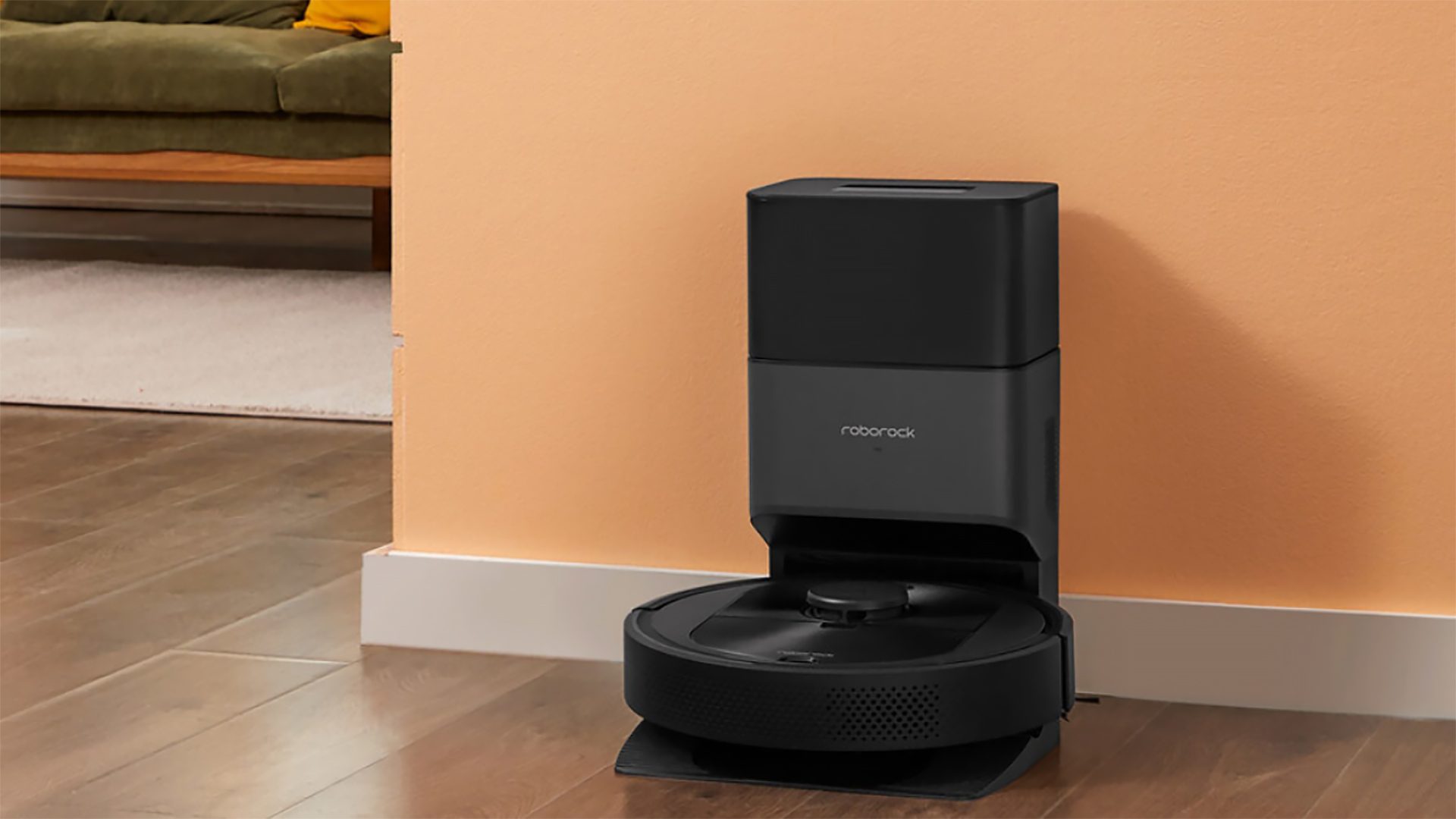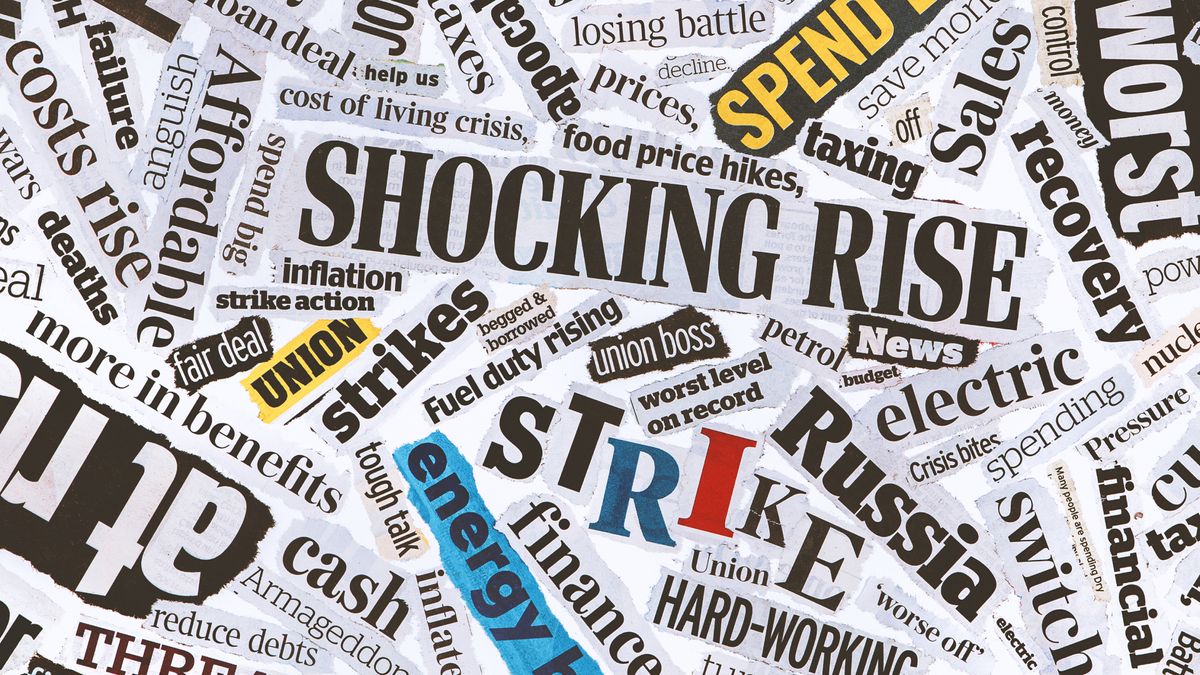The financial well-being of American parents with young children is plummeting, highlighting how unaffordable childcare costs have become.The Federal Reserve published its annual Survey of Household Economics and Decisionmaking on May 21. The survey, which collected answers from 11,000 people in October 2023, examines the economic well-being of US households and potential financial risks.While the report said people’s overall financial well-being was “nearly unchanged” between 2022 and 2023, some groups “continued to experience financial stress at higher rates than others.”
That included parents with children under 18.
athima tongloom/Getty Images
The percentage of parents with children under 18 who felt “okay financially” dropped from 69% in 2022 to 64% in 2023.The 2023 data point is a stark decline from 2021 when 75% of parents said they felt comfortable financially. Data from the Federal Reserve shows that parents haven’t felt this financially insecure since 2015, when it recorded 65%.Comparatively, the percentage of adults who don’t have children under 18 and feel “okay financially” hasn’t dipped below 70% in the last eight years.The report doesn’t give specific reasons for the growing financial concern, but the rising cost of childcare has been a national concern for years.The cost of childcare has skyrocketed in the United States, making it difficult for families to maneuver the current economy.”Childcare costs can be significant for parents,” the Federal Reserve report says. “The median monthly amount that parents using paid care paid for childcare was $800. For those who paid for 20 or more hours of childcare each week, the median cost was $1,100.”Business Insider estimated that it could cost parents nearly $26,000 a year to care for one child in 2024 — a 41.5% increase from 2016. A 2024 Bank of America analysis also found that the United States has the second most expensive childcare system among developed countries.That analysis, which ranked New Zealand No. 1, found that the average couple with two children spent more than 30% of their combined wages on childcare.





